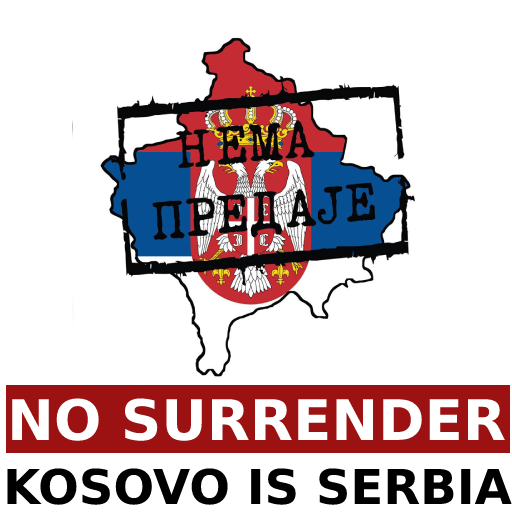English Language Grammar
English grammar is the way in which meanings are encoded into wordings in the English language. This includes the structure of words, phrases, clauses, sentences, and whole texts.
Grammar, Dictionary, Definitions, Meanings, Synonyms, Phrasal Verbs and much more
The Open Dictionary refers to a dictionary or lexicon that is open to contributions from the public. It is similar to a traditional dictionary in that it provides definitions of words, but it differs in that anyone can submit new entries or edit existing entries.
The goal of an open dictionary is to provide a collaborative and constantly evolving resource that reflects the current use and understanding of language by its speakers. Entries can be added, modified, or deleted by anyone with access to the platform, allowing for a more democratic and inclusive approach to language definition and representation.
The Plural of Nouns
In the English language nouns are divided into countables and uncountables according to whether they can be counted or not. Countables Uncountables student bread dog butter flower happiness table love As a rule the indefinite article a/an precedes only […]
Participles
Participles are verbal adjectives, so they may have both adjectival and verbal properties.In english language there are two participles ..
Comparison with more and most
Long adjectives are compared by means of more and most:
List of the irregular verbs in English
List of the irregular verbs in English. More than 600 irregular verbs. Searchable list of all irregular verbs in English language.
The Use Of Participles
The participles are used to form compound verb forms – the present participle in progressive and the past participle in perfect and passive forms.
The definite article before the superlative
The definite article are used before the Superlative. Examples : The definite article before the Superlative She is the prettiest girl in the class. This is the best game that I ever see. I am the best among us. The […]
Say – Tell
Say – Tell | Say is used with the actual words spoken :He said: ” I don’t think so.”She said : ” Bring me the book, will you ?”
Reported Speech
What is reported speech in English language ? When we repeat something said by another person, we can quote his actual words:
Indirect Commands
The direct imperative is replaced by the to-infinitive in the reported speech. Therefore most often used verbs in the main sentence are ..
GOING + TO-INFINITIVE
The form going + to-infinitive denotes a future activity already arranged, or decided upon. This form is very common in English for expressing such an action.
Can & May
Can and May, are two verbs that have only the past tense and the present tense. Verbs may and can express – ability, capability.
List of Adverbs
List of Adverbs | Adverbs are words that usually modify — that is, they limit or restrict the meaning of—verbs. They may also …
Change of tense
The first verb in a sentence establishes the tense of any verb that comes later. If you begin writing in the past, don’t change to the present. Similarly, if you begin writing in the present, don’t change to the past.
Check This TipAny and some
Both some and any suggest an indefinite number or amount of something. Some is more common in affirmative clauses. Any is used in questions and negative clauses.
Check This TipAt first and first
At first is used to talk about the beginning of a situation. At first is often followed by but. In any other cases, we usually use first.
Check This TipCloth and clothes
Cloth is the material used for making clothes. Clothes are things you wear. His clothes are made of expensive cloth.
Check This Tip